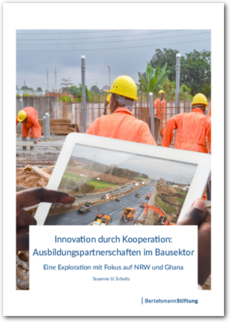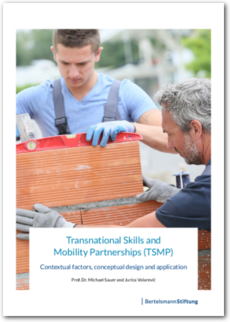After researching good practices, conducting empirical feasibility studies in potential partner countries, and engaging in an ongoing exchange of knowledge and experiences with experts and practitioners in the field, we have presented our findings in international forums such as the Global Forum on Migration and Development (GFMD)and at the
. The approach’s inclusion in the has placed it on a new legal footing and raised its profile within the international community. In the future, it will be important to explore the transferability and potential for scaling associated with such partnerships across a variety of migration corridors, for example on the African continent.In order to further strengthen this development-oriented perspective for the acquisition of skilled workers in Germany, we will:
- Continue to expand the knowledge base through practical, application-oriented studies and expert opinion papers, and present the results in national and international forums;
- Test scaling strategies by participating in pilot projects of various types;
- As part of our non-profit mission, network with and help strengthen stakeholders from the policy, business and civil society spheres, through platforms for learning and dialogue.












